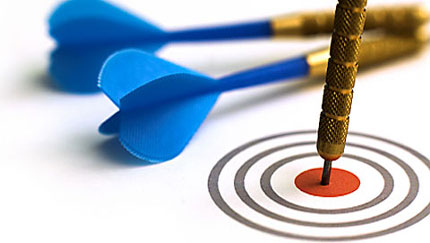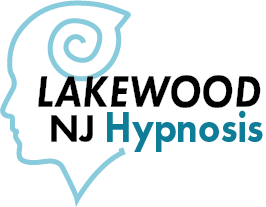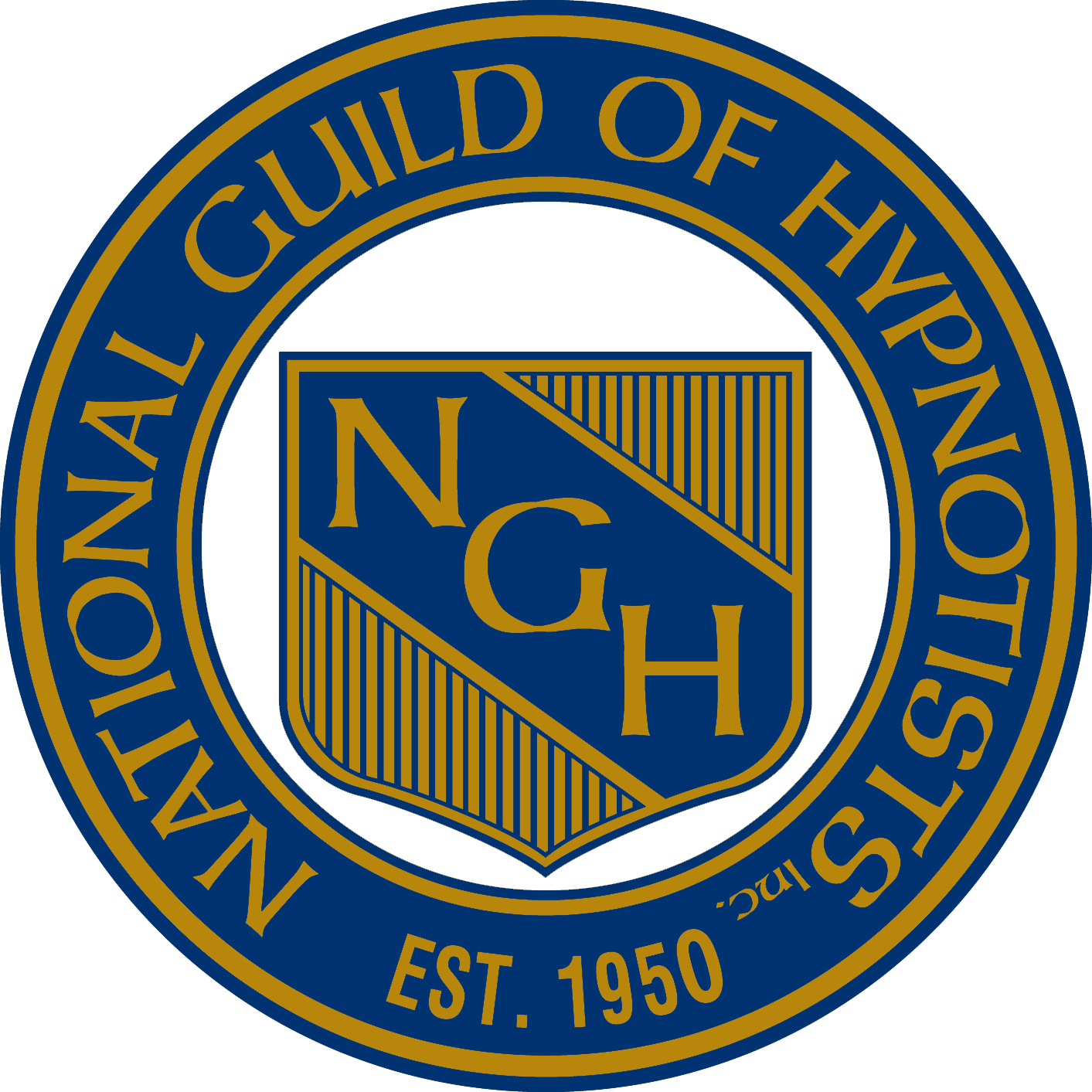Self Hypnosis
Self Hypnosis:
Have you ever found yourself deeply engrossed in a book? Or so caught up in a film that time seemed to pass effortlessly? If so, you may have experienced a routine form of hypnosis, what many practitioners refer to as the “everyday trance.”
Hypnosis is a normal state that we enter many times during the day, each time we get really focused on something that we’re concentrating on. The ability to focus yourself at will is an invaluable skill to have and is the foundation for a practice of self-hypnosis. This article explains how to perform ‘self-hypnosis’ and describes some of the benefits of this technique.

What is self-hypnosis?
Self-hypnosis involves becoming highly focused and absorbed in the experience while giving yourself positive suggestions about ways to reach your goals. Self-hypnosis is an individual practice, unlike when you are working with a therapist. It can be a most empowering practice as you learn to have better control of your thoughts and reactions while enjoying the physical and emotional benefits of the relaxation that is typical of self-hypnosis techniques.
What can a person accomplish with self-hypnosis?
What can humans accomplish if they are in the “right” frame of mind? When people are focused and motivated to accomplish a goal, and most effectively use their abilities, they are at the peak of their personal power. To use that power to learn new skills more easily, perform athletic feats, be more creative, tolerate pain, and face the unknown with greater confidence, are just a few of the infinite examples of the value of self-hypnosis. Self-hypnosis is a means of learning to focus yourself, motivate yourself, be more self-aware, and make the best use of your innate skills. If you think about it, when you see other people do amazing things, they are usually intensely focused on what they’re doing and what they’re trying to accomplish. Self-hypnosis is all about developing and using your focus in a goal-directed fashion.
Is self-hypnosis the same as meditation?
Self-hypnosis is remarkably similar to meditation in that both involve entering a calm and relaxed state main difference is that when people practice self-hypnosis, they tend to have a specific goal in mind, something that will improve them and their quality of life in some way. In a typical meditation practice, there is no particular goal, just an easy acceptance of wherever the mind goes without judgment or intention. Both meditation and self-hypnosis have the potential to promote physical and mental health in parallel ways, thus highlighting the merits of learning to develop and use focus meaningfully.
Advantages of Self hypnosis:
- Can be performed anywhere.
- Subject may feel more in control.
- Subject chooses hypnotic suggestions.
- Money saved from the consulting fee
Advantages of hypnosis with a hypnotherapist:
- The Hypnotic state may be more easily entered.
- The therapist can choose beneficial suggestions.
- The session may be more structured.
- The therapist is trained to see things in you that you do not (your “blind spots”)
Self-hypnosis in medicine:
There are remarkable examples that showcase how effective self-hypnosis can be. Take the documented case of Victor Rausch (1980), a dental surgeon who was experienced with hypnotic procedures. When required surgery to remove his gallbladder, Rausch used self-hypnosis as his only anesthesia.
More recently, science has shown training in self-hypnosis may help patients overcome a range of clinical conditions. These include:
- Anxiety: Patients who had undergone heart surgery showed lower levels of anxiety after learning self-hypnosis techniques. A study in children with cancer showed less and surgery-related anxiety and behavioral distress after learning self-hypnosis.
- Pain: Patients with multiple sclerosis (MS) reported lower levels of chronic pain after learning self-hypnosis techniques than those who did not. Further, a study in children showed functional abdominal pain resolved in three weeks following a single session of self-hypnosis.
- Tension headaches: In children and adolescents, self-hypnosis training reduced the frequency of tension headaches. Another study in adults showed long-term headache pain reduction from self-hypnosis.
- Chronic dyspnea: In adults with breathing difficulty at rest, a single training in self-hypnosis resolved symptoms in 13 of 16 patients within one month.

Tips for improving self-hypnosis:
- Have a goal in mind: Before starting self-hypnosis ensure to have a goal in mind, such as lowering stress. This will ensure each session is focused and productive.
- Schedule time for self-hypnosis: The hardest part of self-hypnosis can be getting started. It may work best to set aside a time each day for self-hypnosis and write it in your schedule. Self-hypnosis can be performed during the day, or at night before you sleep.
- Keep up the practice: Like riding a bike, it takes time to learn self-hypnosis. With practice and instruction, you will learn to enter a state of trance more quickly. You will also learn a broader range of hypnotic suggestions to improve the outcome
Self-hypnosis is a powerful tool to improve your mind. It is a highly safe technique that can bring increased self-esteem and confidence, assertiveness, and relaxation. Self-hypnosis can also be used during difficult times to help improve symptoms of medical conditions such as irritable bowel syndrome, anxiety, pain, and headaches.
Book an Appointment
Use our online form, send us an email, or give us a call.Click below to complete our form and view our contact details.
Certified Member of

